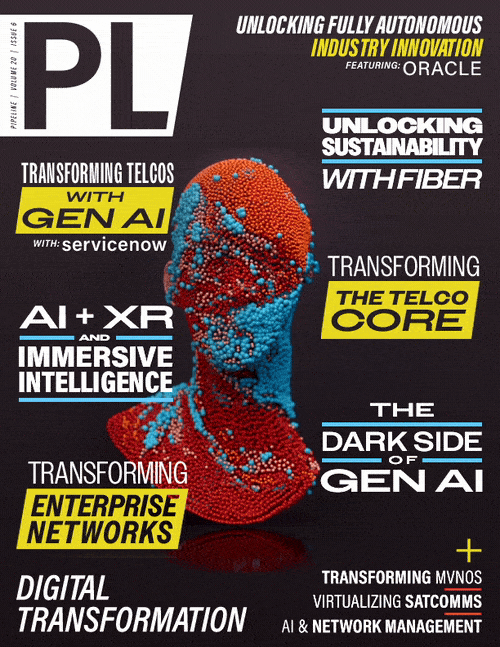MTS and Ericsson Secure New Record Data Speed for Russia During 5G Test MTS and Ericsson have claimed to reach a record 25 Gbps data transfer speed rate on a smartphone prototype in Russia during 5G trials that previously had been conducted only on stationary devicesPJSC MTS (NYSE: MBT, MOEX: MTSS), the leading telecommunications operator in Russia and the CIS, and Ericsson (NASDAQ: ERIC), the world leader in information and communication technologies,announce the successful trial of 5G technology, during which data transfer speed reached a record of up to 25 Gbps for the first time in Russia on a movable prototype of a smartphone. Previously, all 5G trials were conducted only between stationary devices. Testing was conducted at Moscow's 'Opening Arena' stadium, where a base station operating in the range of 14.5-15.3 GHz transmitted a signal to a movable prototype of a subscriber's at the speed of 25 Gbps. This data transfer speed allows just for 18 days to transfer absolutely all traffic of all MTS subscribers that they exchanged during 2016 - including downloading and streaming of movies, video calls, Internet surfing, downloading and transferring media files. The total volume of traffic that MTS subscribers transferred in 2016 is 1,206 Pb. As part of the trials, MTS and Ericsson experienced other possibilities and advantages of 5G technology for various scenarios: online video streaming in 4K format, as well as virtual reality services and remote robot control over a mobile network that require ultra-small delays and high data rates. "The tests showed an absolute record for data speeds in Russia to a mobile device, and on specific examples we saw how close we are to the daily use of 5G solutions. MTS is currently building a data transfer network and testing various solutions to ensure we're ready for 5G standardization. We now hope in cooperation with our partners to develop an extended 5G demo zone for the major sporting event of 2018 in Russia, "said Igor Egorov, Director of Moscow region, MTS. "The scalable and dynamic 5G network gives operators the ability to create many new services and generate additional revenue streams. The 5G network will ensure the automation of business processes and the transformation necessary for the dissemination of the Internet of Things, as well as the use of services such as VR and AR," added Hannes Ekstrom, Head of Customer Unit MTS, Market Area Europe & Latin America, Ericsson. The following innovative technologies were used during the tests:
The trials are part of the strategic partnership between MTS and Ericsson within the framework of the agreement signed in December 2015 on cooperation in the development and implementation of 5G technologies in Russia. Cooperation between MTS and Ericsson on innovation and 5G:
Source: MTS and Ericsson media announcement | |

















